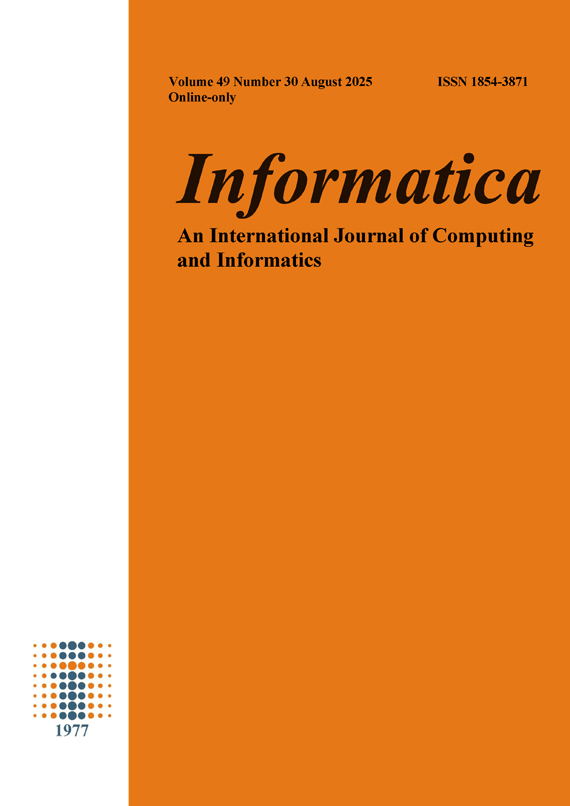Hybrid Random Forest and Naïve Bayes Models Optimized With Grasshopper Optimization Algorithm for Disc Herniation Prediction
Abstract
Intervertebral disc herniation is a prevalent spinal disorder that can lead to severe discomfort, neurological impairment, and reduced quality of life. Effective treatment planning depends on a timely and accurate diagnosis. In this study, we propose an advanced machine learning framework to improve the accuracy of disc herniation prediction by using the Random Forest Classifier (RFC) and the Naïve Bayes Classifier (NBC), both of which are optimized using the Grasshopper Optimization Algorithm (GOA). There are 500 patient records in the dataset, which includes imaging-derived parameters and clinical features. Training (70%) and testing (30%) subsets of the preprocessed data were separated. To enhance classification performance and adjust hyperparameters, the GOA was employed. Accuracy, precision, recall, and F1-score were used to evaluate the model. According to empirical findings, the hybrid RFC-GOA model performed better than any other model, with 91.5% accuracy, 92.1% precision, 90.4% recall, and 91.2% F1-score. With an accuracy of 90.4% as opposed to 85.1%, the NBC-GOA model also outperformed the baseline NBC model. These results demonstrate the efficacy of metaheuristic optimization and the superiority of ensemble-based approaches in medical classification tasks. In order to support clinical decision-making and enhance patient outcomes, the suggested models provide a reliable and understandable method for the early prediction of disc herniation. This study demonstrates the potential for creating trustworthy diagnostic tools for spinal disorders by fusing bio-inspired optimization techniques with machine learning classifiersDOI:
https://doi.org/10.31449/inf.v49i30.8072Downloads
Published
How to Cite
Issue
Section
License
Authors retain copyright in their work. By submitting to and publishing with Informatica, authors grant the publisher (Slovene Society Informatika) the non-exclusive right to publish, reproduce, and distribute the article and to identify itself as the original publisher.
All articles are published under the Creative Commons Attribution license CC BY 3.0. Under this license, others may share and adapt the work for any purpose, provided appropriate credit is given and changes (if any) are indicated.
Authors may deposit and share the submitted version, accepted manuscript, and published version, provided the original publication in Informatica is properly cited.









